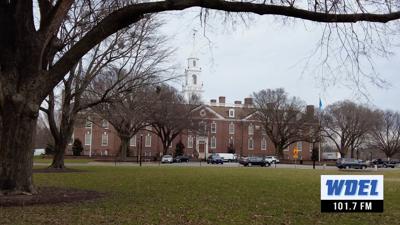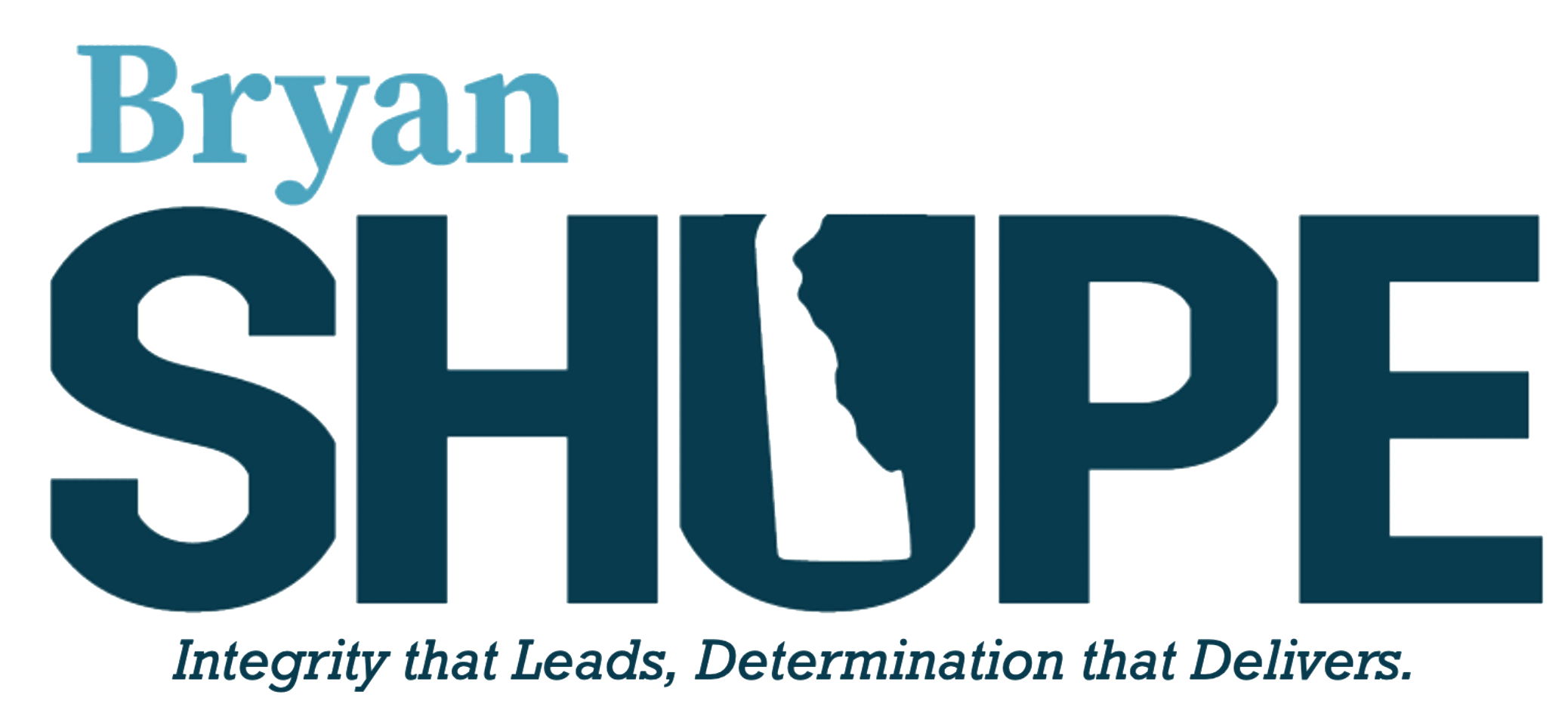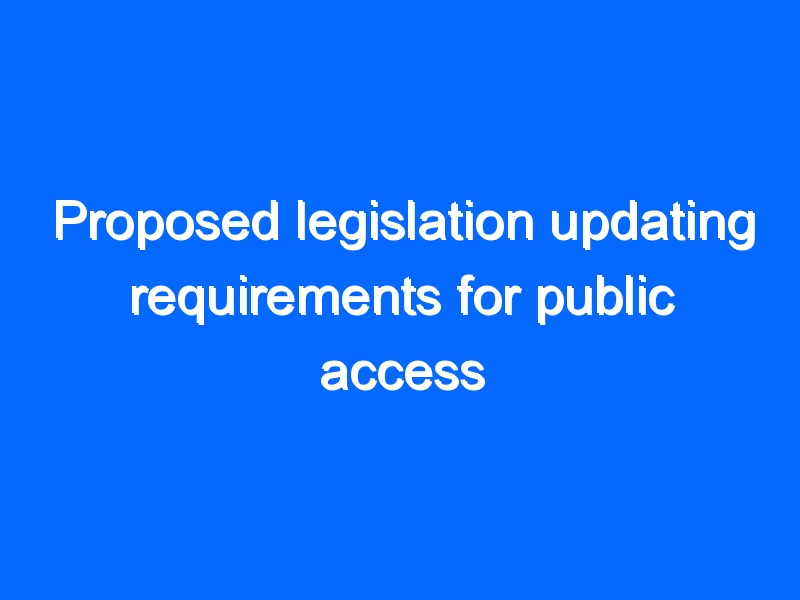- DJ McAneny
- Mar 10, 2021 – 2:13 pm

Could the Delaware General Assembly be doing more to make its committee hearings more accessible to the public?

It’s a question that arrived like much else in the previous years, with a pandemic settling in across the world. Republican state Reps. Bryan Shupe (District 36) and Mike Smith (District 22) have introduced legislation which would create a streamlined ruleset for how digital broadcasts are handled.
“The proposed legislation here really helps the General Assembly outline what the new digital age for legislation is going to look like and, I think, it also holds Delaware legislature accountable to the public,” Shupe said. “Representative Smith and I both have seen the challenges over the last couple months, individuals from the public not being able to get the information that they need.”
The proposal would create guidelines for how committee meetings are streamed, recorded, and ultimately archived online for future access, a measure currently not in place which creates issues if one misses a meeting the first time around.
They’d also like to see a user experience update to the homepage for the General Assembly, Legis.Delaware.Gov, to make meeting times easier to identify, meeting agendas easier to access, and push notifications members of the public could sign up for and receive notifying them of the start of specific committee meetings.
“[I] would like to see more engagement of people from the committee process. Committee sessions right now are recorded but they’re not put out there for public consumption afterwards, and I think that that is a huge mistake,” he said. “Committee sessions are really when the public has a chance to come out and voice either support or opposition to a bill, and that is really where decisions are being made–at that committee level. So I would like to see those committee meetings put out by notification to the public and to the press, so that more people can get engaged in the democratic process.”
Engaging the public is the primary driver behind this legislation, Shupe said, and that process should be made as easy as possible for those who choose to participate. He also believes people should be able to engage democracy at times when it’s convenient for them. Missing out on a livestreamed committee meeting shouldn’t mean the public never gets to see the meeting in action. Article continues below advertisementhttps://a63b3eecc22c9a2e4e5fae3679e802d2.safeframe.googlesyndication.com/safeframe/1-0-37/html/container.html
“I think that’s something that we need to revisit as we go through livestreaming,” he said. “To use this technology to see, what have we been doing for the past couple generations that was maybe not helping to shine a light on what the process was, and how can we use this new technology in order to update what we’ve been doing all along.”

He said the bill has previously been proposed, and sometimes introducing change can scare off other lawmakers, but the past year has provided a window of consensus that might lead to adoption this time around.
“I think, when you’re trying to talk about anything new, there’s a hesitation about how are we going to put this out there. I think also there has been hesitation about opening our daily workings to the public,” Shupe said. “I saw that hesitation among colleagues. It’s time. If it’s something that we’re not comfortable with, then we maybe need to change our own rules and the way of doing things to make sure that we are comfortable with what we’re doing.”
The nest step is a cost analysis of how much implementation of a new system like the one Smith and Shupe propose might cost.
“There would be security behind what we’re doing that wouldn’t happen just in a private business or something like that,” Shupe said. “With all of the bills that I put out, I try to push on fiscal responsibility, so that does need to be an arm of it as well. But this is something that we really need to drive open because we want to get more people engaged as we talk about voting rights within the First State. Yes, it’s important for people to vote, but just as important is for people to be engaged in the daily process and engage in ongoing legislation, not just to be able to have that vote once every four years.”
The legislation should appear in the committee process sooner rather than later, as Shupe said he’d like to see it come to a vote by June.
“As we talk about transparency, as we talk about getting more people engaged–that’s a very good campaign promise for people to make, but this bill, and steps like this, are actually on-the-ground-level, impactful ways for us to allow people to get more engaged,” Shupe said. “We can talk about it all we want, but putting pieces of legislation…in writing that show how we’re going to create more transparency are the ways that we actually make these promises.”


